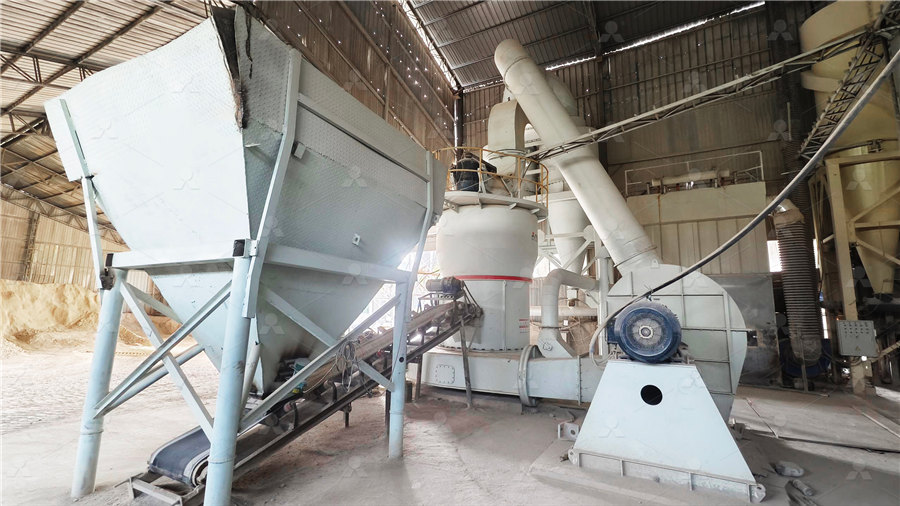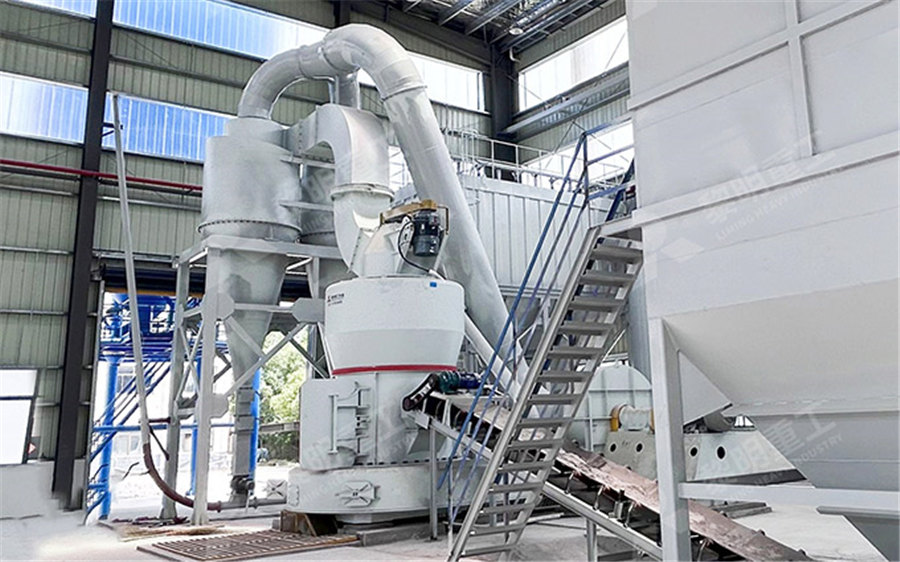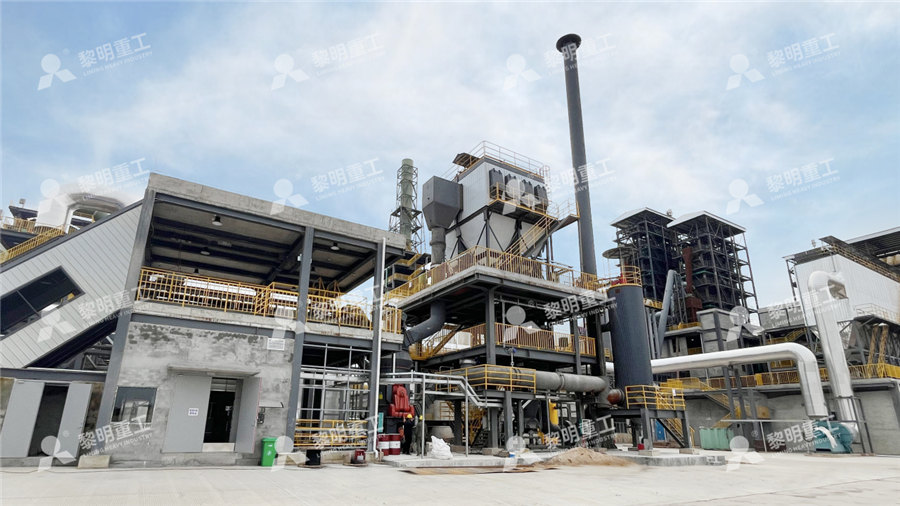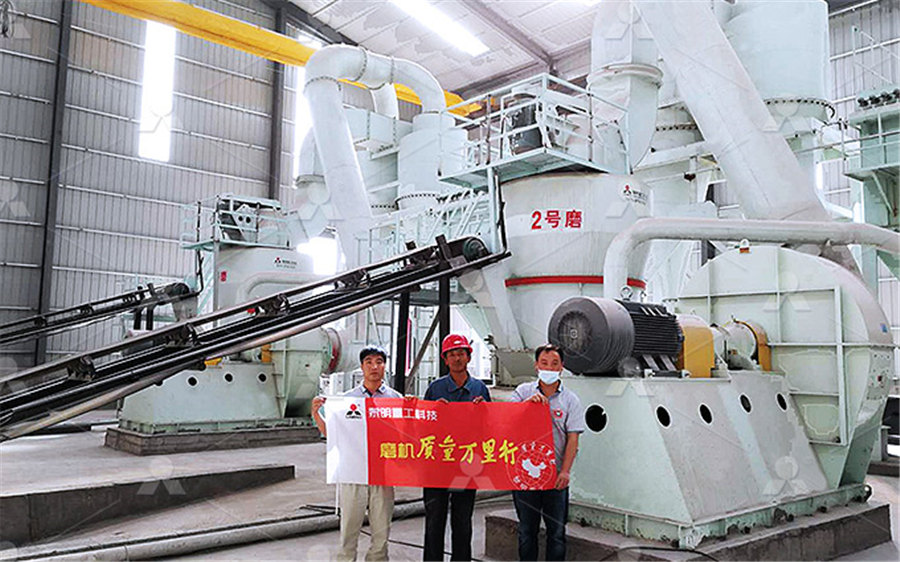
Fly ash and slag deep processing production line required
.jpg)
An Investigation of Fly Ash and Slag Processing and
2024年6月1日 The purposes of this study were to process fly ash and slag (formed during the incineration of household waste) using a plasmabased chemical process, to investigate the influence of technological parameters on 2019年10月1日 The worldwide production of these industrial byproducts is: fly ash about 900–1000 million tons [2, 8] and blast furnace slag about 140–330 million tons [2, 8] Both Fly ash and slag ScienceDirect2023年2月20日 In order to unlock the hidden potential and facilitate the favorable use of coal fly ash, this article provides a thorough overview of recent advances in FA reactivity, A critical review on mechanochemical processing of fly ash and fly 2021年9月1日 Coal fly ash is primarily produced in power plants as a byproduct of coal combustion As shown in Fig 1, the byproducts of coal ash combustion include fly and bottom ash, boiler slag, and flue gasFA particles, the main Fly ash properties, characterization, and applications: A review

Utilization of mill tailings, fly ash and slag as mine paste backfill
2021年11月1日 Request PDF Utilization of mill tailings, fly ash and slag as mine paste backfill material: Review and future perspective An enormous amount of waste materials (tailings, fly ash and slag) are with fly ash (Figure 2) Pumpability and Finishability Pumpability with slag cement and fly ash is generally improved largely due to the addition of fines to the matrix Finishability is also improved Hardened Properties Strength At 28 days, both slag cement and Class C fly ash will achieve higher strength than Class F fly ash and straight SLAG CEMENT AND FLY ASHPDF On Jan 1, 2004, Nabil Bouzoubaâ and others published Use of Fly Ash and Slag in Concrete: A Best Practice Guide Find, read and cite all the research you need on ResearchGateUse of Fly Ash and Slag in Concrete: A Best Practice Guide2023年10月18日 For achieving sustainable development in terms of waste to wealth, low CO2 production, and recycling, geopolymers can be recognized as a practicable alternative The current review presented a brief study of the potential usage of class F fly ash as a raw material for geopolymer, the chemistry of geopolymerization, and recent development in the field A Recent trends in mechanochemical processing of fly ash
.jpg)
The Influence of Fly Ash and Slag on the Mechanical Properties of
2024年8月30日 The use of geopolymer as a cementitious material for geopolymer concrete (GPC) is beneficial for the sustainable development and green transformation of the construction industry Geopolymer concrete has many advantages, such as high strength, heat and corrosion resistance, low hydration heat, and carbon emissions This paper adopted the water–binder 2024年6月1日 An Investigation of Fly Ash and Slag Processing and Fiber Production Using Plasma Technology June 2024; A series of detoxification treatments are required to reduce the toxicity of fly ashAn Investigation of Fly Ash and Slag Processing and Fiber Production 2023年11月28日 A 40% fly ash replacement with BOF slag resulted in an average strength that was 39% higher than the combination with 100% fly ash However, the strength growth decreased after a 10% replacement Analysis of variance was conducted using the design of experiments methodology to determine the significance of the parameters and their interactionsFly Ash and BOF Slag as Sustainable Precursors for Engineered 2024年5月25日 This study investigated the influences of ultrafine fly ash (UFA) and ultrafine slag powder (USL) on the compressive strengths, autogenous shrinkage, phase assemblage, and microstructure of magnesium potassium phosphate cement (MKPC) The findings indicate that the aluminosilicate fractions present in both ultrafine fly ash and ultrafine slag participate in the Influence of Ultrafine Fly Ash and Slag Powder on Microstructure

Fly ash and slag ScienceDirect
2019年10月1日 The worldwide production of these industrial byproducts is: fly ash about 900–1000 million tons [2,8] and blast furnace slag about 140–330 million tons [2,8] Both discussed components are obtained, similarly to Portland clinker, in a hightemperature process and commonly used as main constituents of cement and/or as concrete components2022年4月4日 It is known that cement production, including CaCO 3 calcination and clinker production, is associated with high energy consumption and the emission of a considerable amount of greenhouse gas The amount of CO 2 released in the production of cement is about one ton for each ton of cement clinker Almost 8% of the global emission of CO 2 is produced Review A review: Reaction mechanism and strength of slag and fly ash 2024年10月23日 This study investigates the production and evaluation of geopolymer bricks made from a blend of fly ash, copper slag, soda ash activator, and sand as fillers Locally abundant industrial and mining waste materials were selected as the primary components The bricks were synthesized using two binders: 60% fly ash with 40% copper slag, or 70% fly ash Performance evaluation of fly ash–copper slagbased geopolymer 2020年4月22日 The raw materials used in this study include cement, fine aggregate, coarse aggregate, MSWI fly ash, MSWI slag, water, and water reducer The fly ash and slag were obtained from the MSWI plant in Jilin, China The fineness modulus of the fly ash was 32, with an accumulation density of 1420 kg/m 3 and moisture content of 16%Application of Fly Ash and Slag Generated by Incineration of

Fly Ash properties, characterization, and applications: a review
2021年7月1日 Fly ash (FA) is the principal industrial waste byproduct from the burning of solid fuels FA is a powdery solid that is constituted mostly of unburned carbon (UC), metal oxides (Si, Fe, Ca, and Al 2024年5月25日 India ranks among the foremost global producers and consumers of cement, and the cement industry contributes significantly to carbon emissions Alkaliactivated materials have gained significant attention as a sustainable alternative to Portland cement, offering the potential to mitigate carbon dioxide emissions and promote effective recycling of waste Durability of alkaliactivated fly ashslag concrete state of art2024年6月19日 The effect of an alternative source of silica, based on class F fly ash mixed with blast furnace slag and activated by rice husk ash (RHA), to produce concrete exposed to marine environments was evaluated Four mixtures activated by the combination of 85% NaOH 14M + 15% RHA were manufactured to achieve a liquid/solid ratio of 020 Fly ash was incorporated Enhancing Concrete Durability and Strength with Fly Ash, Steel Slag 2010年1月1日 PDF The generation of slag and flyash is so high during production of iron and steel Accumulation of these waste materials is now becoming a major Find, read and cite all the research you Utilization of Fly Ash and Steel Slag in Road Construction

Enhancing Sustainable Concrete Production by Utilizing Fly Ash
2024年8月29日 Over the last decade, there has been a substantial increase in the amount of construction waste, leading to growing societal and environmental concerns around the recycling of this refuse Concrete waste is one of the most significant forms of construction waste As a result, in order to examine the influence of recycled coarse aggregate (RCA) on concrete, this 2024年10月25日 This study analyzed environmental impacts and economic feasibility to evaluate whether recycling fly ash, which has rarely been addressed in previous studies, as a raw material for lightweight aggregates can be a sustainable waste management alternative This study presents a comparative analysis of three disposal scenarios: landfill disposal, recycling Recycling Fly Ash into Lightweight Aggregate: Life Cycle MDPI2022年6月24日 1) Strength: The 28day strength of concrete mixed with slag powder and Cgrade fly ash is higher than that of cement concrete mixed with Fgrade fly ash 2) Permeability: Under the normal specified dosage, tested according to ASTM 1206 (Rapid Chloride Ion Penetration Test) standard, the concrete mixed with slag powder has a lower performance What is the difference between slag and fly ash?2022年5月29日 The infrared spectra of the fly ash and slag powders and hardened geopolymeric samples manufactured with a 60/40% fly ash/slag blend and cured at room temperature after 14 and 28 days are shown in Figure 2b Chemical and Microstructural Properties of Fly Ash

Combined utilization of slag, fly ash, and polyacrylamide for
2024年10月24日 Saline soils are always treated as waste materials due to the salt in the soil deteriorating the soil structure, decreasing the strength, and causing salt expansion Especially for largescale urbanization in developing countries, how to use the waste saline soils to realize resource utilization, decrease construction costs, and further reduce carbon emissions are the 2015年9月20日 Request PDF Remedial processing of oil shale fly ash (OSFA) and its valueadded conversion into glassceramics Recently, various solid wastes such as sewage sludge, coal fly ash and slag have Remedial processing of oil shale fly ash (OSFA) and its value 2023年3月15日 The results confirm that the compressive strength of onepart geopolymer pastes increased by increasing the Na2O content of the alkaline source and the slag dosage; however, increasing the Na2O content in alkaline sources beyond 6% by fly ash weight led to decreasing the compressive strength; therefore, the optimum alkaline activator dosage by Optimization of Fly Ash—Slag OnePart Geopolymers with MDPI2022年5月12日 One of the solutions proposed is the use of fly ash (FA), as elements in the manufacture of geopolymers , since they are the main solid waste produced by burning hard coal in the electrical industries , its processing worldwide has reached 750 million tons in 2015 showing an upward trend , and in 2020, its production was 226 4 million tons , and unfortunately, due Use of fly ash in the production of geopolymers: a literature review
.jpg)
Effect of fly ash and slag on concrete: Properties and emission
2019年3月2日 The materials used in this research are Portland cement, slag, fly ash, sand, recycled aggregate (10 and 20 mm), and natural aggregate (10 and 20 mm) [32]2023年9月8日 Producing of alkaliactivated artificial aggregates by pelletization of fly ash, slag, and seashell powder September 2023 Innovative Infrastructure Solutions 8(10)(PDF) Producing of alkaliactivated artificial aggregates by 2021年1月28日 Xiao, Z et al Chemical speciation, mobility and phytoaccessibility of heavy metals in fly ash and slag from combustion of pelletized municipal sewage sludge Sci Total Environ 536, 774–783 Residual and ecological risk assessment of heavy metals in fly ash applications The total amount of slag and fly ash was kept constant and the slag/fly ash ratio was varied for each of the binder mixtures The effect of varying the externally added water content on strength and density was tested on one binder mixture This mixture had a slag/fly ash ratio of 033 and was chosen because it had adequate mechanicalSodium silicate activated slagfly ash binders: Part I Processing

(PDF) Application of Fly Ash and Slag Generated by Incineration
2020年4月22日 As landfill space for the disposal of products of municipal solid waste incineration (MSWI) such as fly ash and slag becomes increasingly scarce, a reduction of disposed material is urgently required2021年9月1日 Coal fly ash is primarily produced in power plants as a byproduct of coal combustion As shown in Fig 1, the byproducts of coal ash combustion include fly and bottom ash, boiler slag, and flue gasFA particles, the main Fly ash properties, characterization, and applications: A review2021年11月1日 Request PDF Utilization of mill tailings, fly ash and slag as mine paste backfill material: Review and future perspective An enormous amount of waste materials (tailings, fly ash and slag) are Utilization of mill tailings, fly ash and slag as mine paste backfill with fly ash (Figure 2) Pumpability and Finishability Pumpability with slag cement and fly ash is generally improved largely due to the addition of fines to the matrix Finishability is also improved Hardened Properties Strength At 28 days, both slag cement and Class C fly ash will achieve higher strength than Class F fly ash and straight SLAG CEMENT AND FLY ASH
.jpg)
Use of Fly Ash and Slag in Concrete: A Best Practice Guide
PDF On Jan 1, 2004, Nabil Bouzoubaâ and others published Use of Fly Ash and Slag in Concrete: A Best Practice Guide Find, read and cite all the research you need on ResearchGate2023年10月18日 For achieving sustainable development in terms of waste to wealth, low CO2 production, and recycling, geopolymers can be recognized as a practicable alternative The current review presented a brief study of the potential usage of class F fly ash as a raw material for geopolymer, the chemistry of geopolymerization, and recent development in the field A Recent trends in mechanochemical processing of fly ash 2024年8月30日 The use of geopolymer as a cementitious material for geopolymer concrete (GPC) is beneficial for the sustainable development and green transformation of the construction industry Geopolymer concrete has many advantages, such as high strength, heat and corrosion resistance, low hydration heat, and carbon emissions This paper adopted the water–binder The Influence of Fly Ash and Slag on the Mechanical Properties of 2024年6月1日 An Investigation of Fly Ash and Slag Processing and Fiber Production Using Plasma Technology June 2024; A series of detoxification treatments are required to reduce the toxicity of fly ashAn Investigation of Fly Ash and Slag Processing and Fiber Production

Fly Ash and BOF Slag as Sustainable Precursors for Engineered
2023年11月28日 A 40% fly ash replacement with BOF slag resulted in an average strength that was 39% higher than the combination with 100% fly ash However, the strength growth decreased after a 10% replacement Analysis of variance was conducted using the design of experiments methodology to determine the significance of the parameters and their interactions2024年5月25日 This study investigated the influences of ultrafine fly ash (UFA) and ultrafine slag powder (USL) on the compressive strengths, autogenous shrinkage, phase assemblage, and microstructure of magnesium potassium phosphate cement (MKPC) The findings indicate that the aluminosilicate fractions present in both ultrafine fly ash and ultrafine slag participate in the Influence of Ultrafine Fly Ash and Slag Powder on Microstructure 2019年10月1日 The worldwide production of these industrial byproducts is: fly ash about 900–1000 million tons [2,8] and blast furnace slag about 140–330 million tons [2,8] Both discussed components are obtained, similarly to Portland clinker, in a hightemperature process and commonly used as main constituents of cement and/or as concrete componentsFly ash and slag ScienceDirect













